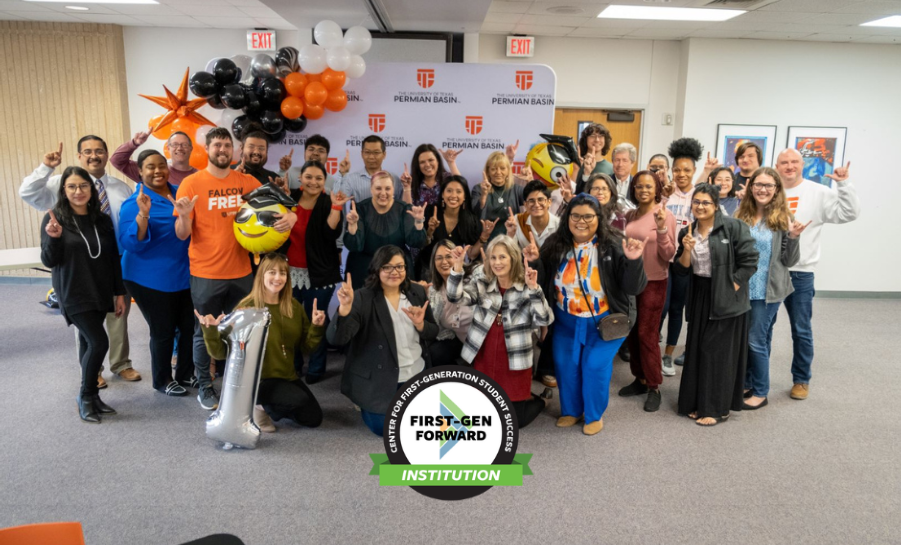Confessions of a First-Generation Student
Chris Foley, Indiana University Online / FirstGen Forward / January 02, 2025

Students who are the first in their family to attend college often face significant challenges. For first-generation students, online education can hold many advantages, including flexibility, affordability, a comfortable learning environment, and just-in-time support services.
But first, these students need to get their foot in the door.
My story
I identify as a first-generation student. My mom went to community college for one semester but never went back due to life events. My dad earned his associate degree while I was in high school. They both wanted me to go to college and do well, but neither of them had enough experience to help me apply. They knew the destination. They just didn’t have a map.
Flash-forward 30 years. I’m married with two sons. My wife and I both went to college and succeeded. We had a map to share with our children as they began their college search.
But today’s admissions environment is incredibly competitive. The stakes to get into one’s chosen university are high, and the traditional admissions process is fraught with complex forms, standardized tests, stress-inducing essay questions, confusing financial aid requirements, and high application costs. Even though we were prepared to help our sons apply, we found the admissions process intimidating, anxiety laden, and time intensive.
A better process
I found my sons’ experience particularly frustrating because I know there is a better way. The application process—the fundamental step to accessing college—can be friction free. We’ve proved it at IU Online.
Here at Indiana University, 28 percent of those in online programs identify as first-generation students. That compares to 16 percent in Indiana University’s face-to-face programs. This comparison holds at both the undergraduate (30 percent compared to 15 percent) and graduate (27 percent compared to 19 percent) levels.
These numbers reflect how much we at IU Online strive to eliminate obstacles so these students can succeed:
• We’ve streamlined our undergraduate application into a 10-minute online form.
• There is no application fee.
• We gather students’ transcripts at no cost to the students.
• Experts help students navigate the financial aid process from day one.
Once admitted, students are assigned an academic advisor and onboarding specialist. In their third semester, they’re assigned a success coach who remains with them through graduation. They have access to free mentors and supplemental instruction. They receive career advice. In short, they get everything they need so they can focus on learning.
Let’s smooth the way
Had he faced today’s admissions challenges, my younger self likely wouldn’t have kept going.
There are tens of thousands of other learners like him out there. Some want the traditional campus experience; others want the benefits of an online education.
Simpler processes hold benefits for both students and the institution. They make education accessible, inclusive, and student centered. They reduce friction, leading to more enrollments, greater student engagement, and higher graduation rates. Simpler processes also lighten staff workloads, increase consistency and transparency, reduce errors, and enable educators to work at scale. And in a competitive academic environment, simpler processes allow us to direct our resources at innovation rather than administrative bloat, enhancing our reputation.
At Indiana University, we have what it takes to allow every student—first generation or not; online or not—to thrive. Together, we can create student-centered education that is both modern and efficient. Together, we can take a united path forward toward innovation and accessibility.




